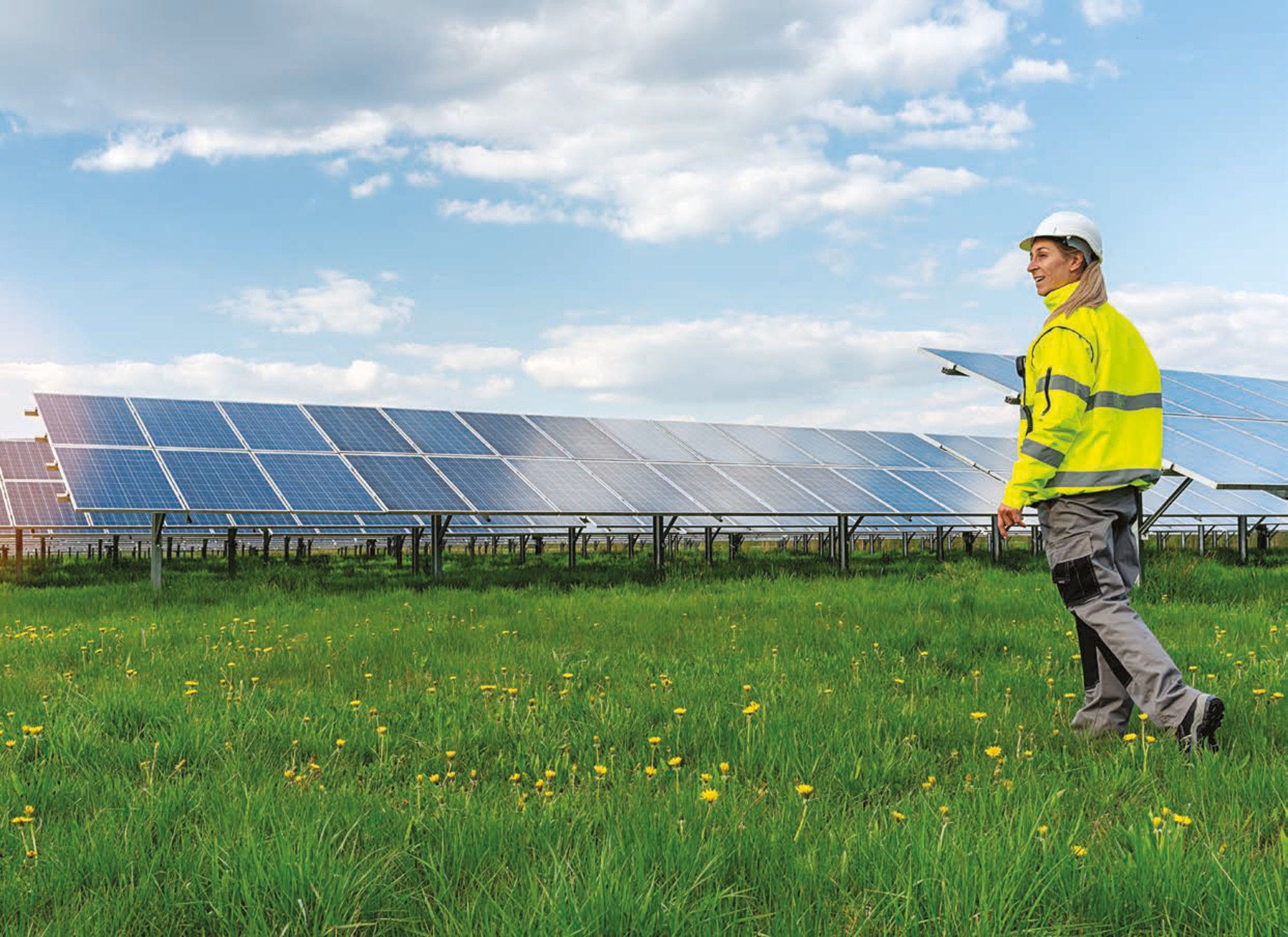See more data for Bulgaria on the related dashboard.
Economic Policy Reforms 2023
Going for Growth

Bulgaria
Product and labour markets functioning
Performance gaps
Administrative burdens and corruption still damp business activity and impede competition.
Strengthening labour productivity from currently low levels will become an increasingly pressing concern for the labour market given persistent labour shortages amid a shrinking workforce. Training and re-skilling will play an important role to prepare workers for the green and digital transitions.
Recommendations
Introduce a simplified procedure for the liquidation of SMEs.
Extend the authority of bodies to detect and investigate corruption to cover the entire economy.
Increase transparency of the selection of all board members and managers of SOEs by strengthening the merit-based and competitive process.
Intensify cooperation between local authorities and the private sector to extend workplace-based vocational training across the country.
Digital transition
Performance gaps
The ICT sector is an important source of growth and value added with high labour productivity, but it is suffering from severe labour shortages. Attracting and qualifying more skilled workers is required, in addition to supporting SMEs to bridge the digital divide and master the ongoing transformation.
Recommendations
Extend broadband penetration.
Broaden support to non-high-tech firms that have difficulties accessing platforms and lack knowledge resources.
Align adult training with employers’ skill needs through skill assessments that enter official training curricula.
Inclusiveness, social protection, and ageing
Performance gaps
Bulgaria has one of the fastest ageing societies in the world, leading to growing spending needs for health and elderly care. This puts additional pressure on the social security system, already under pressure to provide adequate transfers and services to avoid poverty and support activation.
Recommendations
Overhaul the social welfare system to provide better social support, stepping up existing efforts to gradually increase benefits to approach the poverty line, while improving activation.
Increase incentives to register with the Employment Agency, including improved training and consider providing minimum (social) health coverage for people who register.
Increase the number of returning former emigrants to enlarge the labour force by strengthening outreach to the Bulgarian diaspora.
Climate transition
Performance gaps
The Bulgarian economy is highly energy intensive. Investments in, and installations of, renewable energy sources need to increase, in particular solar and wind, where the country has high potential. The phasing out of coal, which is still a major energy source, will be challenging for some regions that strongly rely on coal mining.
Recommendations
Accelerate the rolling out of renewables to better harness their potential and ensure the meeting of net zero commitments.
Complete an overarching strategy for the climate transition with a roadmap and policies to achieve zero net emissions.
Delink land ownership rights of the property where small-scale renewable energy generators are planned as long as a long-term lease is secured. Introduce a scheme where producers can sell any self-generated unused electricity to the supplier through the grid.